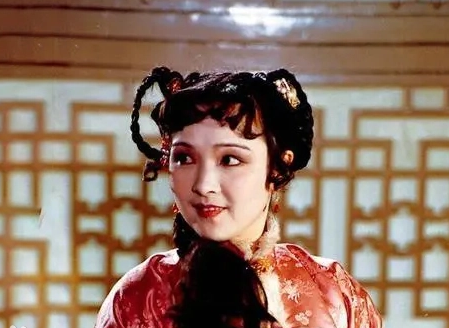During the period of the Five Barbarian Kingdoms in Chinese history, many non-Han Chinese political powers rose one after another, among which the Later Zhao was one of the important forces during this period. The relationship between Shi Le, the founder of the Later Zhao, and his nephew Shi Hu was not only a family blood relationship, but also a focus of power inheritance and competition. This article will explore the uncle-nephew relationship between Shi Le and Shi Hu and their roles and influences in the Later Zhao political power.

I. The Historical Status of Shi Le
Shi Le, styled Shi Long, was the founding emperor of the Later Zhao during the period of the Sixteen Kingdoms of the Five Barbarian Kingdoms. Originally a member of the Jie tribe, he emerged in the chaotic political environment and ultimately established the Later Zhao political power. During his reign, Shi Le strived to integrate the forces of various ethnic groups, strengthen centralization of power, and lay the foundation for the stability and development of the Later Zhao.
II. The Rise of Shi Hu's Power
Shi Hu, styled Ji Long, was the nephew of Shi Le and the second emperor of the Later Zhao. He exhibited outstanding military talents and political acumen when he was young, earning the trust and favor of Shi Le. After Shi Le's death, Shi Hu gradually gained control of the Later Zhao's power by relying on his own strength and the political legacy left by Shi Le.
III. The Relationship between Shi Le and Shi Hu
The relationship between Shi Le and Shi Hu was a typical uncle-nephew relationship. When Shi Le established the Later Zhao, he regarded Shi Hu as his right-hand man and placed high hopes on him. After Shi Le's death, Shi Hu inherited his legacy, but also demonstrated his own strong desire for power. During his reign, although Shi Hu continued some of Shi Le's policies, his rule was more brutal, leading to intensified internal conflicts within the Later Zhao and ultimately triggering civil unrest.
IV. Conclusion
The uncle-nephew relationship between Shi Le and Shi Hu was a key factor in the historical development of the Later Zhao. As the founding emperor, Shi Le laid the foundation for the establishment and development of the Later Zhao; while as the successor, although Shi Hu inherited Shi Le's legacy, his rule and policy execution led to the decline of the Later Zhao. This uncle-nephew relationship not only affected their personal fates but also profoundly influenced the historical process of the entire Later Zhao and even the period of the Five Barbarian Kingdoms.
Conclusion:
In the tumultuous historical period of the Five Barbarian Kingdoms, the uncle-nephew relationship between Shi Le and Shi Hu became the key to the rise and fall of the Later Zhao political power. The wisdom and foresight of Shi Le contrasted sharply with the ambition and brutality of Shi Hu, together weaving a complex family and political history. By reviewing this period of history, we can not only better understand the political changes of that era but also gain profound lessons on how power affects human nature and family relationships.
Disclaimer: The above content is sourced from the internet and the copyright belongs to the original author. If there is any infringement of your original copyright, please inform us and we will delete the relevant content as soon as possible.
































